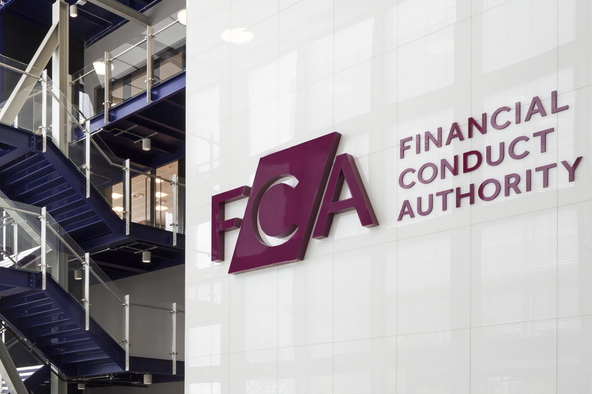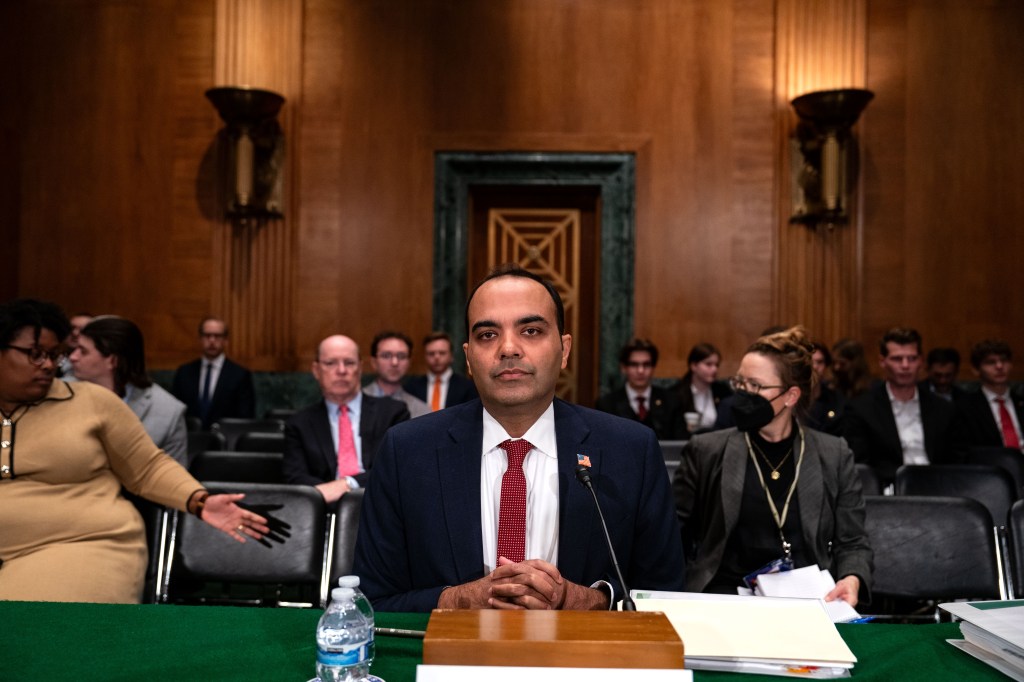Accounting and audit firm Wolters Kluwer has released a new index designed to highlight key trends in US regulatory supervision.
The top three violation categories remained consistent over the index assessment period covering 2018-23, with consumer protection-related regulations driving the highest number of penalties, and competition-related regulations the lowest.
Key findings are:
- Enforcement actions for illegal fees and customer data security breaches have been consistent priorities for banking regulators.
- Policy issuance and claims handling issues were repeatedly cited by insurance regulators.
- Consumer protection-related violations have been predominant, reaching a peak of 123 enforcement actions in the first half of 2020 and, in the second half of 2022, resulting in approximately $4.1 billion in penalties issued.
The second half of 2023 further reflects the magnitude of financial-related offence penalties in both the volume and amounts assessed:
- 46 violations totaling $11.3 billion, which represents a 130% increase in enforcement actions and a 2,739% increase in penalty value over the previous half-year levels.
- The SEC and CFTC issued the highest number of actions, focusing heavily on investor protection violations and internal financial institution supervision failures.
“With the Index, financial institutions will be able to gain access to vital data intelligence, empowering them to more effectively understand compliance risk factors and build data-informed compliance and regulatory change management programs to help enhance their overall compliance program effectiveness,” says Vikram Savkar, Executive Vice President and General Manager, Wolters Kluwer.
Warnings of government bank account snooping
British MPs and advocacy groups have warned of the potential for government snooping on citizens after it was announced that the Department for Work and Pensions will be granted new powers to examine claimants’ bank accounts.
Six Labour MPs have signed a motion titled ‘Government surveillance of bank accounts’, as sponsors, and 23 others are in support.
The signatories highlight how this could impact the vulnerable.
“These new powers would force banks to spy on the 23 million individuals in the welfare system, including those who are disabled, sick, caregivers, jobseekers and pensioners, as well as on the private banking data of people related to them including partners, parents, landlords and other associates,” the motion states.
The motion also warns of “a Post Office Horizon-style scandal where innocent people suffered wrongful prosecutions, financial ruin and reputational damage.” It says this is a huge infringement on an individual’s right to financial privacy and violates the principle of a presumption of innocence that people should not be spied on unless the police suspect wrongdoing.
“No one should have their bank accounts looked into without very good reason. However, this is what these surveillance powers will allow, threatening everyone’s financial privacy in the process,” Susannah Copson, Legal and Policy Officer, Big Brother Watch, said.
Over 270,000 people have signed a petition set up by campaign groups Big Brother Watch and 38 Degrees, as well as a separate petition by Organise. The petition was handed into 10 Downing Street on Tuesday.













